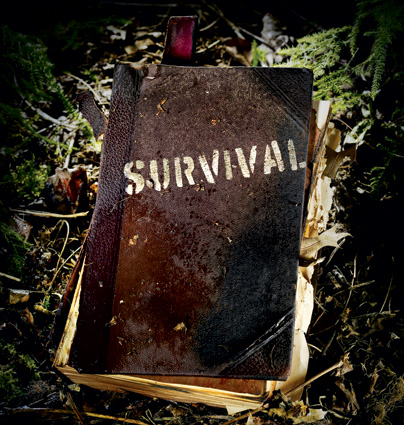Let me tell you about the time I wanted to be perfect, how the urge nearly ruined me and how I learned to accept — if not embrace — my flaws.
One of the great delusions an OCD sufferer labors under is the notion that he/she can achieve absolute perfection. Maybe the goal is to be the perfect employee. Maybe it’s to be the perfect parent and spouse. In some cases, the goal can even be to be the perfect addict.
The suicide drive for perfection is closely tied into the OCD case’s compulsion to control as much of their environment as possible.
Why yes, everything you’ve heard about OCD and control freakism is true. People like us crave control like a junkie craves a shot of smack to the arm. It grabs us by the nose and drags us down the road until our emotions are raw and bleeding.
That’s why I used to be such an asshole at The Eagle-Tribune. Every story I edited then went through three more editors and then to the page designer. Along the way, everyone after me had to take a whack at it. I’d hover over the poor page designers because it was the closest thing I had to control. Ultimate control would have meant laying out the pages myself. That would have been a stupid thing to do, mind you. I couldn’t lay out a news page to save my life.
When I was the assistant news editor for the paper’s New Hampshire editions, I was out a week when my son Sean was born. I came in one night to catch up on e-mail and saw the message where my boss, Jeff McMenemy, announced my son’s birth. In it, he joked that I probably stood over the doctor and told him how to deliver the baby.
I wanted to punch him.
I saw red.
Because I knew that was something I could easily be pictured doing. It hit too close to the truth.
All along, I just wanted to be perfect. The perfect editor, in the latter case.
I wanted to be the perfect family man and thought the way to be it was to do as many chores as I could. The problem was that I wasn’t there for my family emotionally. That still happens sometimes.
The drive for perfection always takes me to the brink of disaster.
But all the treatment I’ve received for OCD and addiction has cooled down that compulsion. It still surfaces from time to time, but it’s no longer a feeling that stalks me every minute of every day.
Sometimes my work gets sloppy, but most of the time I do a better job than I used to because I don’t try to get it perfect. As a result, I enjoy what I do more, even if it gets messy sometimes.
Erin has noted a few times that I’m more of a slob now that I’m better. I leave books, socks and gadgets lying around the house.
Somewhere along the way, it stopped being about perfection.
Now I just do the best I can and hope it’s enough most of the time.




 When I saw his picture, my first thought was, “Man, he was young.” In fact, he died just shy of his 40th birthday.
When I saw his picture, my first thought was, “Man, he was young.” In fact, he died just shy of his 40th birthday.








